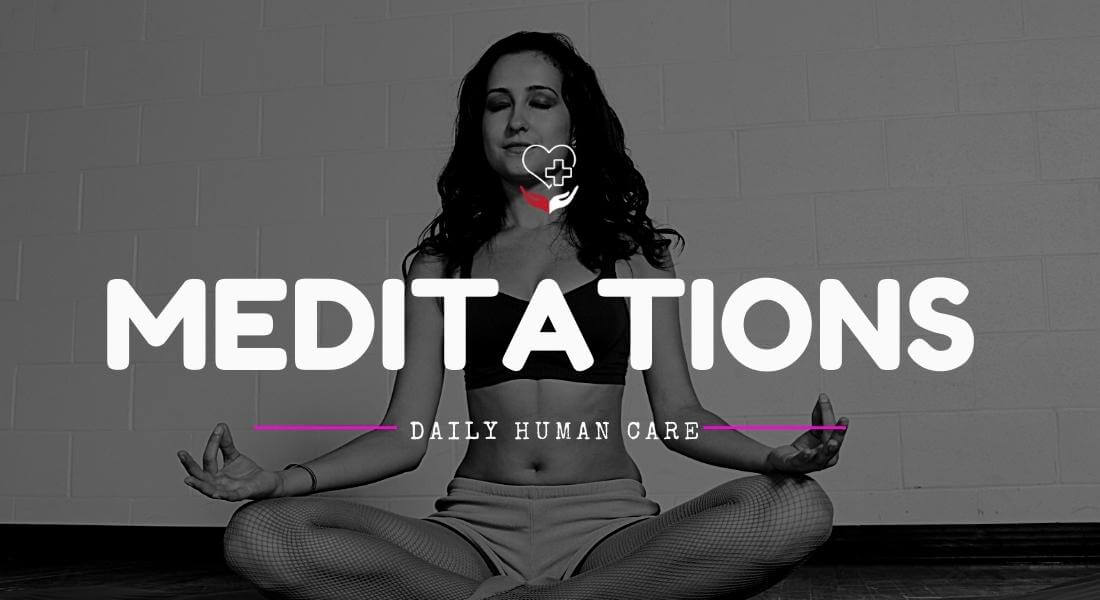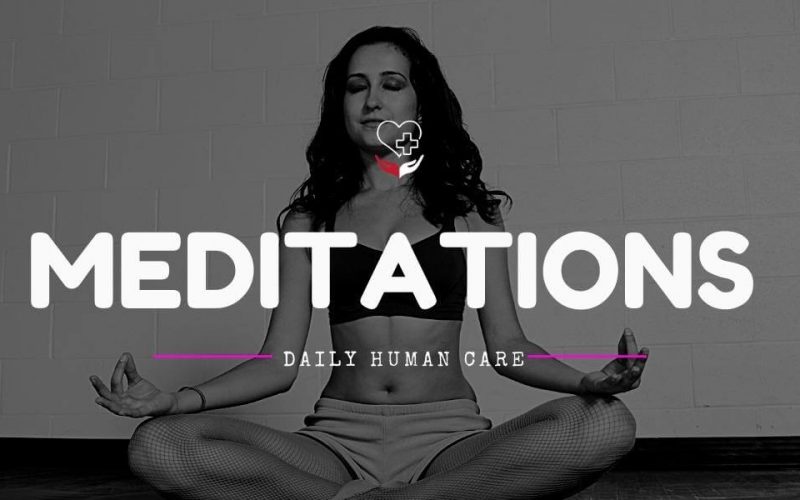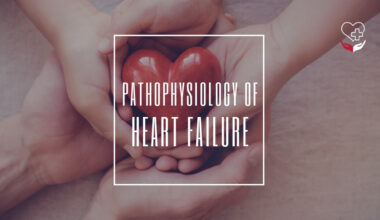What do you need to know when it comes to meditations and your overall health and well-being?
Meditations are sets of techniques that are projected to promote a finely tuned state of awareness and calmness focused attention, and ease of stress. This consciousness-altering practice is supposed to have an ample number of benefits on psychological well-being also. Therefore, the meditation market is expected to grow steadily to help ease mental health issues.
Meditation is a very old mind, and body practice that has been used for its myriad health benefits. The practice of meditation enhances calmness, presents physical relaxation, manages illness, improves psychological balance, and improves overall health and well-being. Researchers have carried out several studies to see how meditation works positively for a range of health issues, together with high blood pressure, certain psychological disorders, and pain. Similarly, researchers are learning the functioning and effects of meditation on the brain.
If you practice meditation on a daily basis then your performance at the workplace will get improved. Researchers say that meditation can enhance your focus and attention which leads to an improved ability of multitasking. When you perform meditation, your mind gets clear and you can better focus on the present moment which highly boosts your productivity.
What is more, meditation can be a great solution for the growing need to diminish stress in the midst of busy schedules and challenging lives. If you are a beginner, guided meditation could be the best for you as you get a focal point and gentle instruction here that aids you to connect and let go of self-judgment.
Now, a few words on HOW TO MEDITATE?

First of all, take a seat where you can feel calm. Initially, it’s good to set a short time for meditation such as 5-10 minutes. Be in a position that makes you feel stable; you can either sit loosely cross-legged or sit in a chair with your feet on the floor.
Follow the sensation as you breathe in and breathe out. Here, you may lose attention from your breath and your mind may roam to other places. When you notice that your mind has roamed or wandered, simply bring your focus to your breath while being kind to your roving mind. After 5 minutes, gently open your eyes; notice the environment, notice your thoughts, emotions, and how your body feels. That’s how meditation is practiced.
Let’s explore different types of meditations:
Generally, there are nine types of meditation practices, out of which you may go for practicing the one that meets your needs.
- Mindfulness meditations: This is one of the most popular and beneficial types of meditation. Here, you have to focus on your thoughts as they traverse your mind without moderating the thoughts or getting involved with them. You just have to observe and consider the patterns if any. Mindfulness meditation brings out the combination of concentration and awareness. You can pay attention to an object or your breath followed by observation of any bodily sensations, feelings, or thoughts. People can practice this meditation on their own even without any instructor or guide.
- Focused meditations: Individuals can perform this type of meditation using any of the five senses. People may find practicing focused meditation a bit difficult initially as they may fail to hold their concentration for longer than a few minutes at first. Performing this meditation is the best for people who want to hone their focus and attention. Here, you can either focus on your breath (or other internal influencers) or you can take the help of external influence to focus your attention.
- Spiritual meditations: This kind of meditation helps develop a profound understanding of spiritual or religious meaning while connecting you with a higher power. It’s good to practice spiritual meditation at a place of worship as it presents you with spiritual growth.
- Movement meditations: Here, the movement assists you to achieve a deeper bond with your body and the current moment. Being an active form of meditation, movement meditation is for individuals who find peace in action while seeking to grow body awareness.
- Transcendental meditations(TM): This is a definite practice that works to silence the mind and provokes a state of peace and harmony with the exercise of mantra. It’s good to look for a certified TM practitioner to learn this kind of meditation. Individuals seeking a handy approach to the depth of meditation can perform this type of meditation.
- Mantra meditations: In this meditation, a repetitive sound including a word, phrase, or a sound such as “om” is used to clear the mind. For some people, this type of meditation is enjoyable as they can easily focus on a word than on their breath and some also like the feeling of the vibration of the sound in the body. If you don’t like silence and enjoy repetition, then mantra meditation is good practice for you.
- Body scan meditations: This type of meditation involves progressive relaxation where the tension in the body is reduced and relaxation is promoted. It involves gradual tightening and relaxing of one muscle group at a time all over the body. In some cases, you may have to imagine a mild wave flowing through your body that helps let go of any tension. Body scan meditation is the best to alleviate the stress that also helps calm down before bedtime.
- Loving-kindness meditations: It enhances the feelings of compassion, kindness, and acceptance toward oneself and others. It makes you open your mind to accept love from others and then send well wishes to near and dear ones and all living creatures. This kind of meditation is ideal for those who embrace feelings of rage or resentment.
- Visualization meditations: This meditation technique boosts the feelings of peace, relaxation, and serenity with the visualization of positive images, scenes, or figures. Here, you imagine a scene clearly by using all five senses that add all possible details. You can also hold a figure of your beloved or honored thing/person in mind with the purpose of embodying their qualities. Moreover, you can also imagine yourself succeeding at particular goals that lead to increasing your focus and motivation. This type of meditation can be used to elevate mood, minimize stress levels, and encourage inner peace.
Here you can request a free sample
Here are a few things where the science provides facts about meditations and health:
- Meditation works well for people suffering from cancer symptoms and side effects of treatment in easing stress, relieving anxiety, decreasing fatigue, and easing mood and sleep problems, thereby enhancing their quality of life. There are some pieces of evidence from the Society for Integrative Oncology that proposes meditation, and other mind-body therapies, as part of a multidisciplinary approach to reduce mood disturbance, lessen anxiety, and chronic pain, and perk up the quality of life.
- Some research studies also suggest that meditation may decrease blood pressure. The American Heart Association implies that data is supporting the use of Transcendental Meditation (TM) as a complementary therapy along with the benchmark treatment to drop off blood pressure.
- To confirm that meditation decreases the symptoms of anxiety, there is still only moderate evidence. A 2014 scientific review suggests mindfulness meditation programs may improve depression, anxiety, and pain. However, it is not confirmed due to low evidence that stress/distress and mental health-related quality of life will be improved or not.
- Moreover, there are some pieces of evidence signifying that meditation-based programs can aid in easing common menopausal symptoms. Yoga, tai chi, and meditation together help in dropping common menopausal symptoms such as stress, the frequency and intensity of hot flashes, sleep and mood disturbances, as well as muscle, and joint pain, etc…
- As per some research studies, mindfulness meditation can be good for individuals with irritable bowel syndrome (IBS), but no firm conclusions can be drawn due to insufficient evidence. Research study suggests that mindfulness training perks up the quality of life and pain in IBS patients but doesn’t really help in reducing their depression or anxiety and the improvement was little.
- Again there is unsatisfactory data to confirm the positive effect of meditation on attention deficit hyperactivity disorder (ADHD). Due to less number of research studies performed on meditation for ADHD, no conclusions could be confirmed about its usefulness for the mental health condition of ADHD.
- In the case of quitting smoking, adequate evidence lacks to confirm whether mind-body practices are as successful as other treatments. However, a few studies on mindfulness-based therapies indicate that it’s useful in smoking cessation.
- Moreover, meditation is commonly assumed to be harmless for healthy folks but individuals with physical limitations may be unable to perform certain meditative practices, especially the ones with movement.
Final words:
Now you know the basics of meditations, how to practice it, different types of meditation, and how it can be helpful in some health conditions. So, don’t be anxious to step out of your comfort zone and go for practicing the type of meditation that you prefer. You may have to consider giving a little trial and error until you find the best and the one that fits you.
Remember, meditation should not be a forced thing, if you force it, then it becomes a chore. Just go for a moderate and regular practice so that it eventually becomes satisfying, encouraging, and enjoyable.
DISCLAIMER: This is a sponsored post. Daily Human Care does not endorse and is not responsible or liable for any information, accuracy, quality, advertising, drugs, doctors, goods, or other items on this page because it is a sponsored press release. Before taking any steps, readers should conduct their own research. Daily Human Care (DHC) is not liable for any damage or loss caused or alleged to be caused by or in connection with the use of or reliance on any of the content, goods, or services mentioned in this article, whether directly or indirectly.



